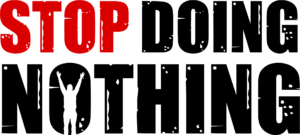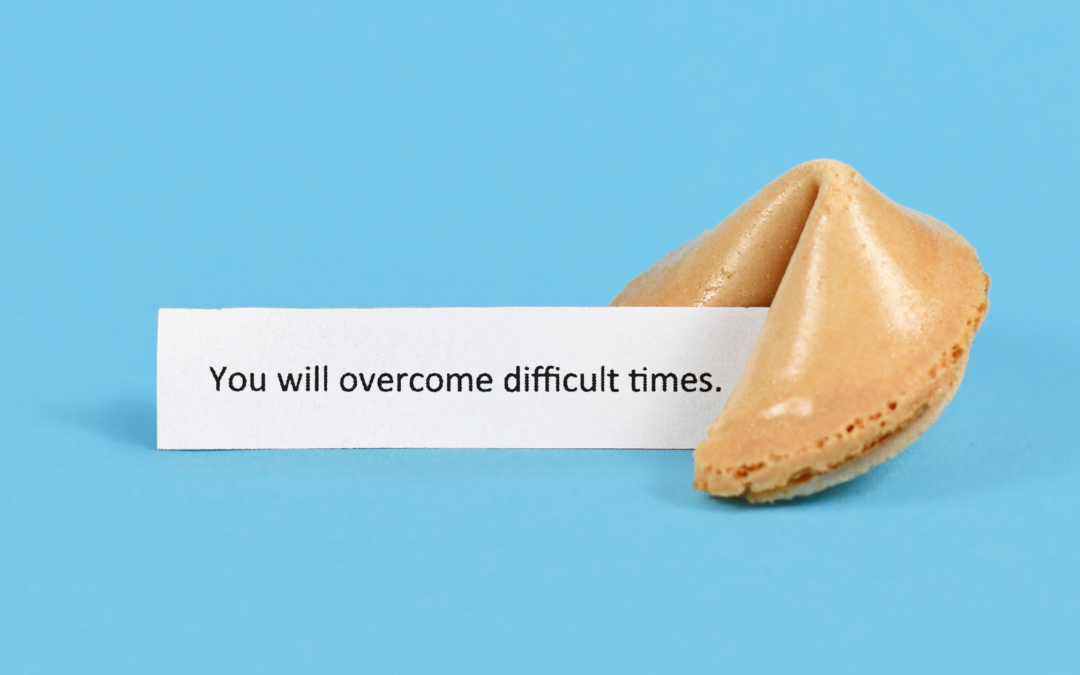When I joined Toastmasters several years ago, I was fascinated by the role of ‘The Timer”. This person’s job was to get the planned times for each section of the meeting and sit there with a stopwatch. They then kept track of how efficient the meeting was moving along compared to the original plan.
As I matured in my public speaking career, I decided that part of being the best I could be and would be to start and stop on time. I consider it a failure on my part if I am called upon to speak for 30 minute and I speak for 31. Professionalism dictates that you should always end early. I even use an iPad app for this called “Speaker Timer”. If I am on my A – Game, you will see the iPad in front of me while I am speaking. I’ll even mention it to the audience. I want everybody to know what we have a limited amount of time, and we must make the best use of it.
You should be doing this for every task and meeting. Set a time limit, start on time, work for the exact number of minutes that you decide, and move on. (As I am writing this blog post I have a countdown timer running for 30 minutes. It shows 21:19 left). Don’t let people extend your schedule. Plan meetings for 10 minutes shorter than the standard lengths. Make hour long meetings only 50 minutes. One of the great things about using Google Calendar is that this is built in (this may be a labs feature). When I drag an hour-long time segment on my Google Calendar, Google will only make it 50 minutes. They get it.
The flip side of this is to start using reminders. Every item on my calendar has a 2-hour reminder set automatically. I have an email and a popup reminder set for most appointments. I use that reminder time to get in the mood for the next appointment, or to do any preliminary minor things that the next appointments. Example: At the hour reminder for my workout time, I’ll eat my final large meal. That gives it two hours to get through my system.
Focus intently on every task for a fixed amount of time. The only way you can get better at one thing is to devote 130% of your energy to it. When the time is up – move on. Did you finish that last task? If not – schedule time for it in the future. But move on to the next task for now.



